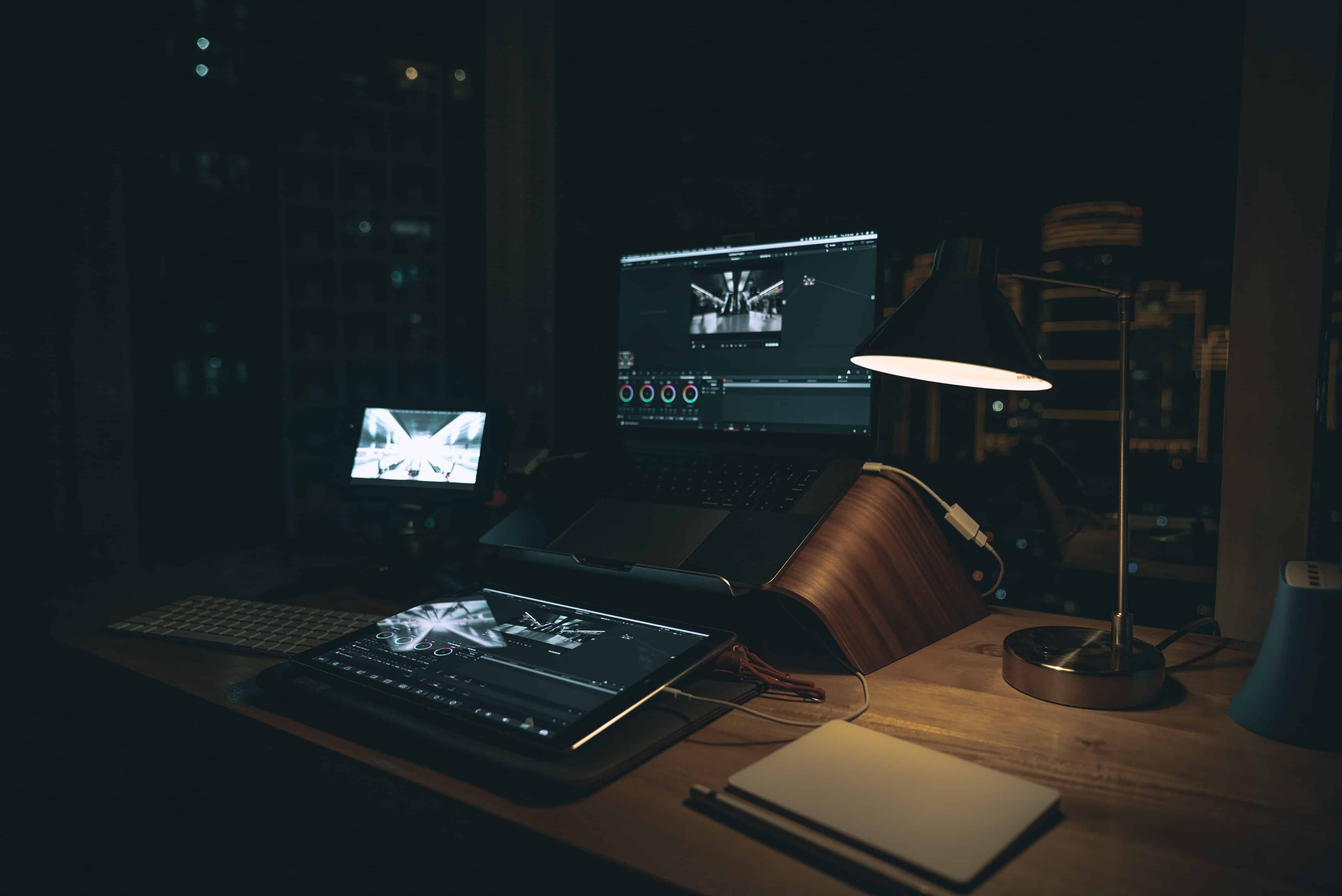A legal transcription provides courts, attorneys and their clients with an accurate word-for-word capture of events that transpired. Whether it’s a court session, deposition, conference call or legal proceeding, when a transcription is not accurate, it hurts the ability to ensure citizens are provided with a just, fair process.
Depositions are crucial for attorneys to gather important information for cases while the witness is under oath. Attorneys often take notes during depositions, but the deposition transcript, which serves as a detailed deposition summary, is invaluable to attorneys as they prepare for additional depositions, a trial or further legal proceedings.
Transcriptions are therefore useful in not only keeping a precise record of events, but helping to determine a plan of action by developing future questions to ask witnesses, understanding legal decisions made by judges or juries and providing further evidence to use. The lack of a legal transcript can also delay or complicate processes, such as appeals.
It’s vital to set yourself up to guarantee an accurate, verbatim recording of witness testimonies and court decisions provided by recorded or live audio footage captured. The best way to ensure a high-quality deposition transcript is planning. Lawyers and transcribers can work together to ensure depositions are structured for effective audio capture from the get-go to obtain accurate, admissible transcripts.
Plan and deliver agreements between an attorney and a transcriber
Many deposition services, such as outsourced transcription, can help legal professionals stay organized to ensure everything is completed in a timely manner. When a trusted provider that utilizes trained transcriptionists can handle all aspects of the deposition transcript process, lawyers can focus more on their clients, meet deadlines and scale their businesses. It’s best to have a provider that can guarantee a clear turnaround time. Knowing how quickly you can obtain transcription files can help you to create efficiencies and meet both expectations and important deadlines.
Also, the more knowledge you have ahead of time, the more you can plan for the capture of quality audio to produce an accurate transcript seamlessly.
Deposition Transcription – Tips for increasing audio quality
Advanced planning can help from both a technical standpoint and to ensure flow and clarity during the deposition process.
From room acoustics to the number of speakers in the room to awareness of any participants dialing in remotely, knowledge of multiple factors can help you prep the room effectively with the right number of microphones and account for needs to ensure strong audio capture. Here are some key steps to take to optimize your audio quality for transcription.
Additionally, if you’re using a technology tool to help with audio capture and digital transcription, such as an Artificial intelligence-based automatic speech-to-text recognition (ASR) machine, you can provide information to this machine ahead of time to help it perform at its best.
Utilize modern technology to increase efficiency and speed up transcription turnaround time
AI is being employed to speed up legal transcription processes. Utilizing an AI-based automatic speech-to-text recognition (ASR) tool can help you receive a transcript quickly. Since accuracy is incredibly important in legal, selecting a provider who uses human editors to check the AI’s work is also recommended. For example, Verbit’s ASR is employed and then each transcript can be fact checked and edited by two human professionals.
Modern technology tools can also help to provide you with automatic timestamps and speaker identification and differentiation, which formerly was a manual and inefficient process for those transcribing depositions. Utilizing these tools can help to provide a clear timeline of events as they occurred in the deposition as well.
Technology tools also provide the ability to easily access and search transcripts digitally, as well as share them securely so that all parties involved can receive them quickly. Look to select a provider that puts high importance on the security of your transcripts and files. For example, Verbit complies with SOC 2, HIPAA and GDPR to provide clients with more peace of mind.
Deposition Transcription – Using a transcription solution customized for legal
Rather than selecting any deposition software or digital solution, legal professionals will see the most benefit by selecting a provider that specializes in legal deposition transcription.
Often times, deposition transcript correction must be completed by multiple individuals at an agency. It’s important to find a deposition transcript provider that will allow for multiple users to access the platform to proofread and make edits as necessary. Verbit also offers a capability through which customers can upload multi-channel files. They can then upload files in proprietary formats (ie: TRM) for improved editing capabilities, which proves to be quite essential to legal clients.
It’s also helpful to consider a deposition transcript partner that integrates with key legal platforms you’re likely using, such as recording tools, including For The Record and legal software, including Case Catalyst. The need for a specific deposition transcript format is common for many law agencies.
Additionally, look to employ a legal-focused transcript solution that allows for customization and templates. The deposition format and requirements for transcripts can vary greatly. Verbit allows its customers to create, modify and add transcript templates into its software to meet specific style guides and transcript preferences, which may include spacing and parenthetical usage.
For more deposition tips and ways to collect audio effectively for legal transcription, please contact us.




